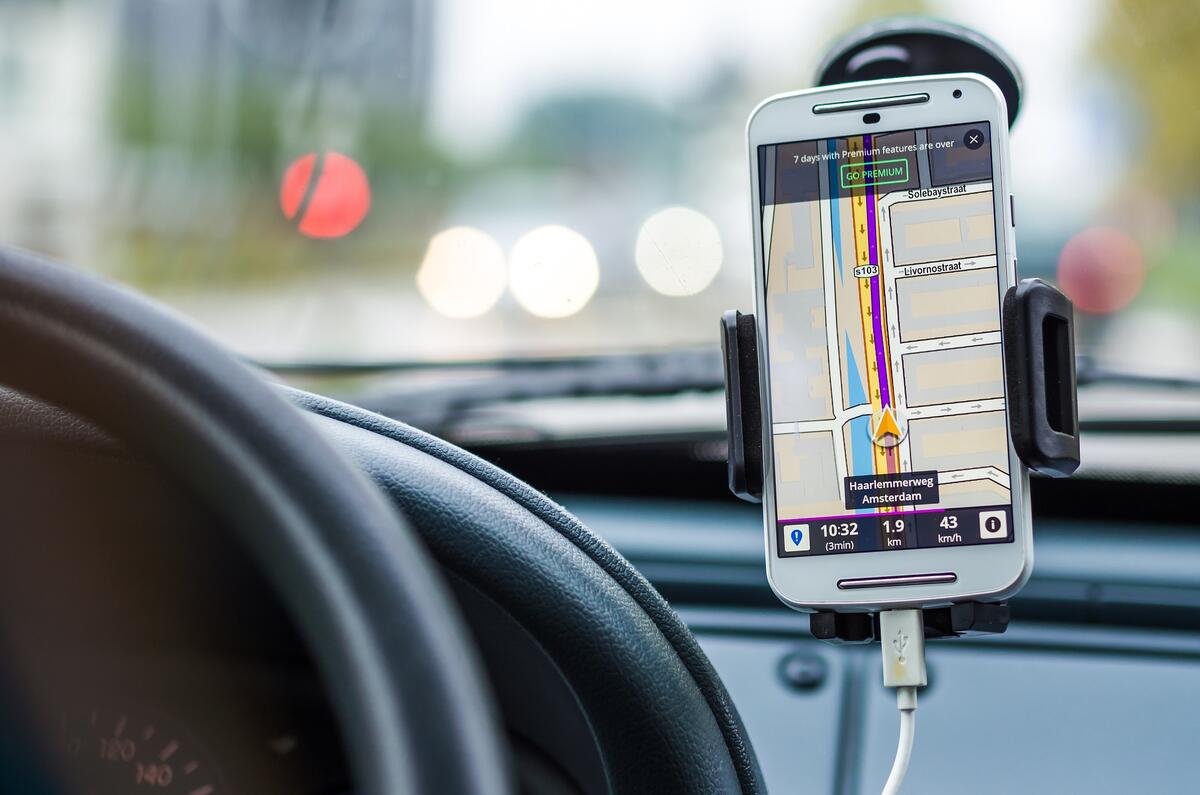Drivers in the West Midlands are being promised smoother journeys thanks to a new partnership between traffic controllers and Waze, a route guidance provider.
A combination of increased investment and road construction projects, the ending of covid lockdowns and events such as the 2022 Commonwealth Games have caused an increase in levels of traffic, congestion and extended journey times in the region. According to data provided by TomTom, Birmingham and Wolverhampton saw average journey times increase by three minutes in 2021, while drivers spent an extra 91 hours driving in rush hours.
The partnership between Transport for West Midlands and the Waze for Cities programme aims to reduce journey times through the sharing of more accurate and comprehensive, real-time traffic data and more timely infrastructure project information so that traffic can be re-routed more intelligently, hot spots anticipated earlier and incidents managed more effectively.
At the heart of the new initiative is the Regional Transport Coordination Centre (RTCC). Opened in January 2020, it receives real-time transport information from existing control centres including Highways England elsewhere in the region and now also from Waze whose satellite and driver-sourced, real-time data helps the centre fill the blind spots in, for example, its CCTV monitoring of major roads and junctions.
In return, the information and data that the RTCC receives is fed to Waze to improve the company's real-time route guidance. For those drivers not using Waze, the enhanced traffic information is shared with motorists and the wider transport community through TV bulletins, local radio, bus stop digital display boards and social media.
"By sharing our transport information with Waze we benefit its users but the company benefits the wider public by sharing its data with us," says Mark Corbin, Director for Network Resilience, Transport for West Midlands. "In the end, everyone benefits through less congested roads and better incident management."
Sharing information on what Corbin calls 'planned' and 'unplanned' incidents is a key feature of TfWM's collaboration with Waze. "For a planned event such as the Commonwealth Games we were able to share all our big road closures in advance. In return, Waze was able to help us manage disruption in the surrounding roads that were affected. We have roadside and bus-mounted CCTV, of course, but Waze helps us fill in blind spots in our coverage, validate a situation and act, which is especially helpful in unplanned incidents. Waze is the heartbeat of the RTCC."
The centre opened during covid when, according to Ru Roberts, Waze UK Country Manager, traffic volumes were down 70% across the country. "Naturally, with the end of lockdown, they've increased but due to the emergence of hybrid working, where people split their time between home and workplace, the traditional commuting times have changed, presenting drivers with fresh problems."





Join the debate
Add your comment
Smoother....!
I wouldnt call that 'smoother'....more of an 'easier' journey.
The roads will still look like a battlezone shaking your suspension to bits. Nothing smooth about that.
Good point.
Most remarkable thing about this article is the realisation, for me, that TomTom still exists.
So Waze is a subsidiary of Google. Transport for WM is a combined wotist of a combined wotsit of various wotsits in the region of West Midlands. Lots of public money (amount unknown) will be spent delivering information that, for most people, will come via the mediums that they already access the information, and have been happy to do so for many many years.
What could possibly go wrong?
(actually, the basis for this is pretty sound, and could form the backbone of genuine smart motorways, but that isn't what is happening here, and even if it was, it's not the right way to do it).